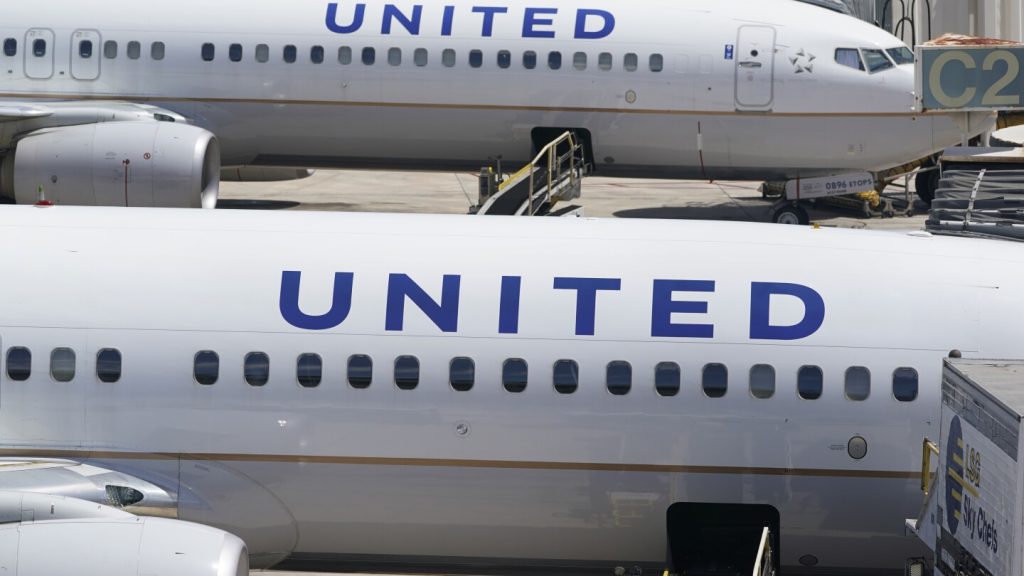United Airlines is asking its pilots to take time off in May due to delays in receiving new planes ordered from Boeing. This voluntary offer comes as Boeing faces production issues, leading to a reduction in forecasted flight hours for United pilots. The airline expects to make similar requests in the summer and fall, with options being short-term leaves and unpaid time off. Boeing declined to comment on the matter. United will not receive all the jetliners it ordered for this year and next, with most of the shortfall being Boeing 737 Max planes, including the Max 10 model.
The Federal Aviation Administration has not yet certified the Max 10, further delaying the delivery process for United. In light of an incident involving an Alaska Airlines Max 9, federal regulators are investigating production quality issues at Boeing. The FAA has also prohibited Boeing from increasing production of 737 Max jets. United previously faced financial challenges after its Max 9s were grounded for inspections following the Alaska incident. These factors contribute to the airline’s expectation of losses in the first quarter, with financial results set for release on April 16.
United CEO Scott Kirby, along with other airline executives, has raised concerns about Boeing’s issues and has sought a meeting with Boeing directors. The recent announcement of Boeing CEO David Calhoun’s plan to step down at the end of the year is part of a broader leadership shakeup within the company. Boeing’s commercial-airplanes unit head has already been replaced, and the chairman of the board will not seek reelection in May. Despite these challenges, Boeing’s stock fell by 1.5%, while United Airlines Holdings saw a slight increase in trading on Monday.
The ongoing struggle with Boeing’s production delays and quality issues has prompted United to explore alternative options to replace its orders for the Max 10 planes. The ripple effects of these challenges are felt across the aviation industry, as airlines like United adjust their operations to accommodate the ongoing issues with Boeing’s aircraft deliveries. The impact of these delays on United’s operations and financial performance underscores the broader implications of production challenges within the aerospace sector.
As United navigates the impact of these delays on its operations and finances, the airline remains focused on finding solutions to mitigate the effects of Boeing’s production struggles. The voluntary programs offered to pilots in May provide a temporary solution to the reduced flight hours resulting from the delayed aircraft deliveries. With ongoing investigations into production quality issues at Boeing and changes in leadership within the company, the aviation industry continues to adapt to the evolving landscape of aircraft manufacturing and delivery concerns. These developments highlight the interconnected nature of the aerospace sector and the critical role that effective production processes play in ensuring the seamless operation of airlines like United.


